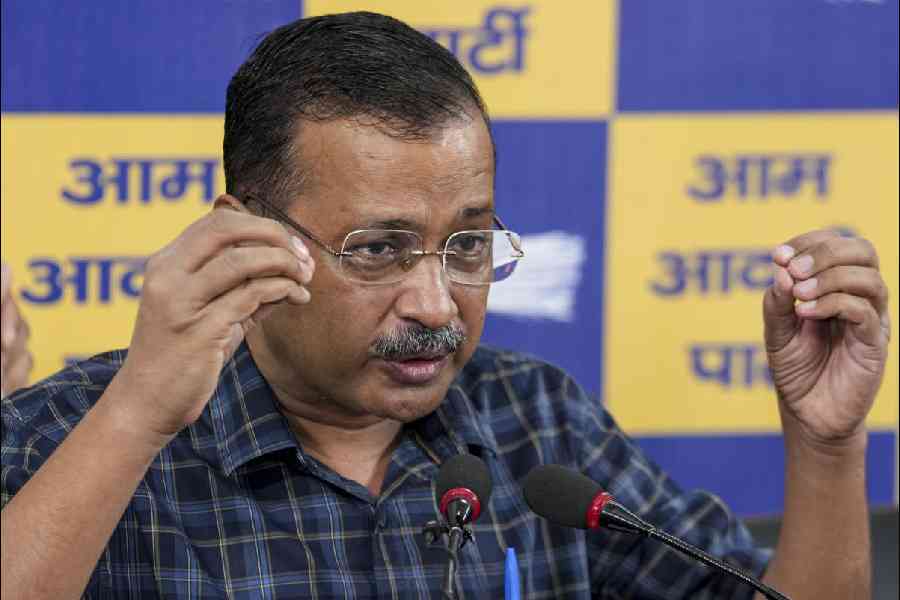 |
| A still from Aideu. A Telegraph picture |
For a celebrity-obsessed generation, this film is an awakening. A stinging reminder of the torture one woman went through for the “crime” of working in a film — decades before the Nishita Goswamis and Akashitoras began being hounded for autographs.
Aideu, by Arup Manna, is the story of Aideu Handique — the eponymous heroine of Assam’s first film, Joymoti — who lived a pained, ostracised existence for close to 70 years for having called an actor her “husband” on screen.
No one married Aideu. Seventy-three years ago, no one understood it was “acting”.
She died after a lonely, unrecognised life in a small thatched hut.
Though reams have been devoted to Jyoti Prasad Agarwalla and his epoch-making Joymoti, the woman who brought alive the character of the tortured Ahom princess slipped into oblivion.
Manna’s film, which was screened at Filmfeast Northeast, the first Northeast Film Festival, pieces together Aideu’s life and blends in some imagination when facts are not available.
The story begins with Agarwalla’s hunt for an innocent young village girl for the role of the protagonist for Joymoti.
Aideu is selected and transported to the sets.
Shooting begins and Aideu is immersed in her fascinating new life where there is so much to learn and so many people to meet.
The bubble of excitement bursts when Aideu returns home.
Villagers had already ostracised her parents for their daughter’s “offence” and her fiancé’s family has broken off the engagement.
Shocked and stunned, Aideu begins a strange life, hoping that some day Agarwalla will come to her village and explain to the villagers her contribution to the Assam’s culture.
She waits for 16 years, till Agarwalla dies.
Then one day, she hears that Joymoti will be screened at the nearest town.
She rushes there with her younger brother and waits outside the auditorium.
The show ends, a crowd spills out but not a single person recognises the young girl in their midst.
Aideu stands there — unnoticed, unmarked.
The film succeeds largely because of the script.
Manna’s design and execution of scenes show his maturity as a director.
But there are flaws galore in lighting.
Chandana Sarma is unmatched in the role of Aideu. She is fabulously sensitive, though lacking in passion in a few scenes.
There are signs of theatrical performance in the rest of the cast, though.
But you can clearly see why the film, an 85-minute compelling watch, fetched the best film and the best director awards for Manna and best actress award for Chandana Sarma at the Assam Film Festival in 2007.










